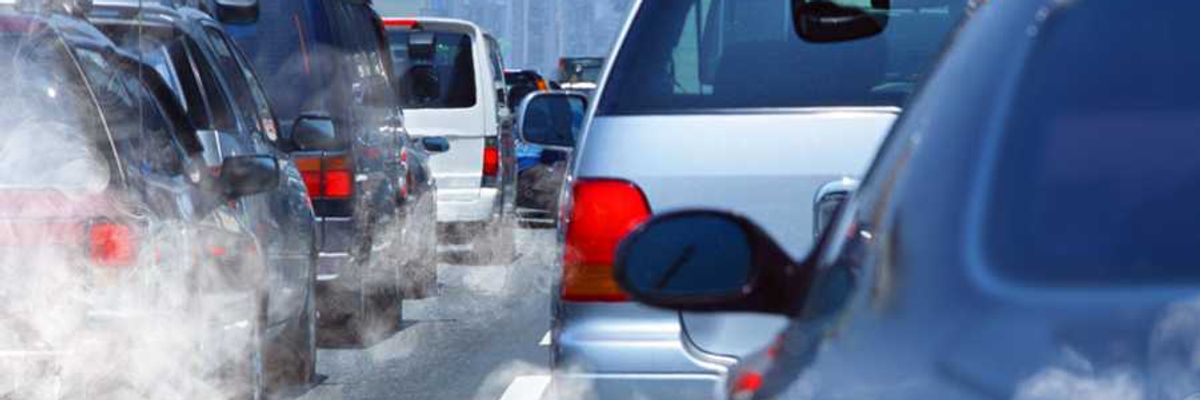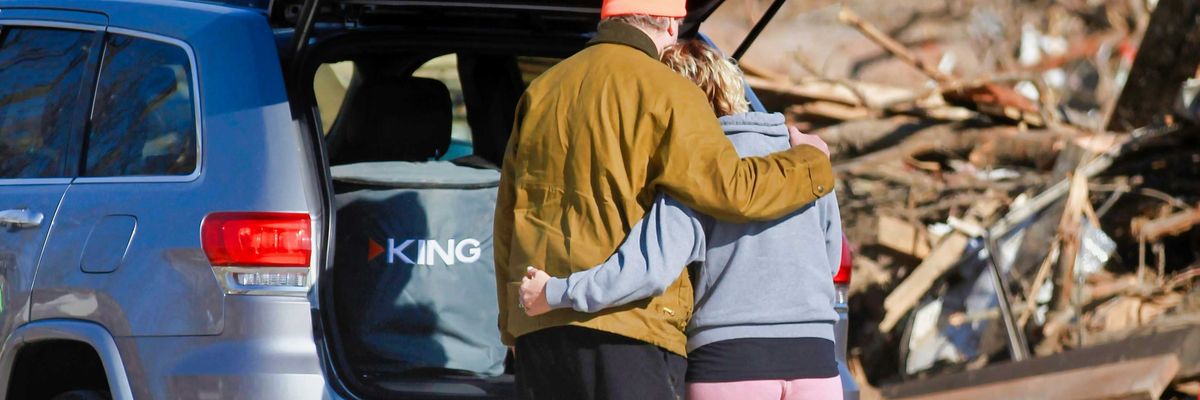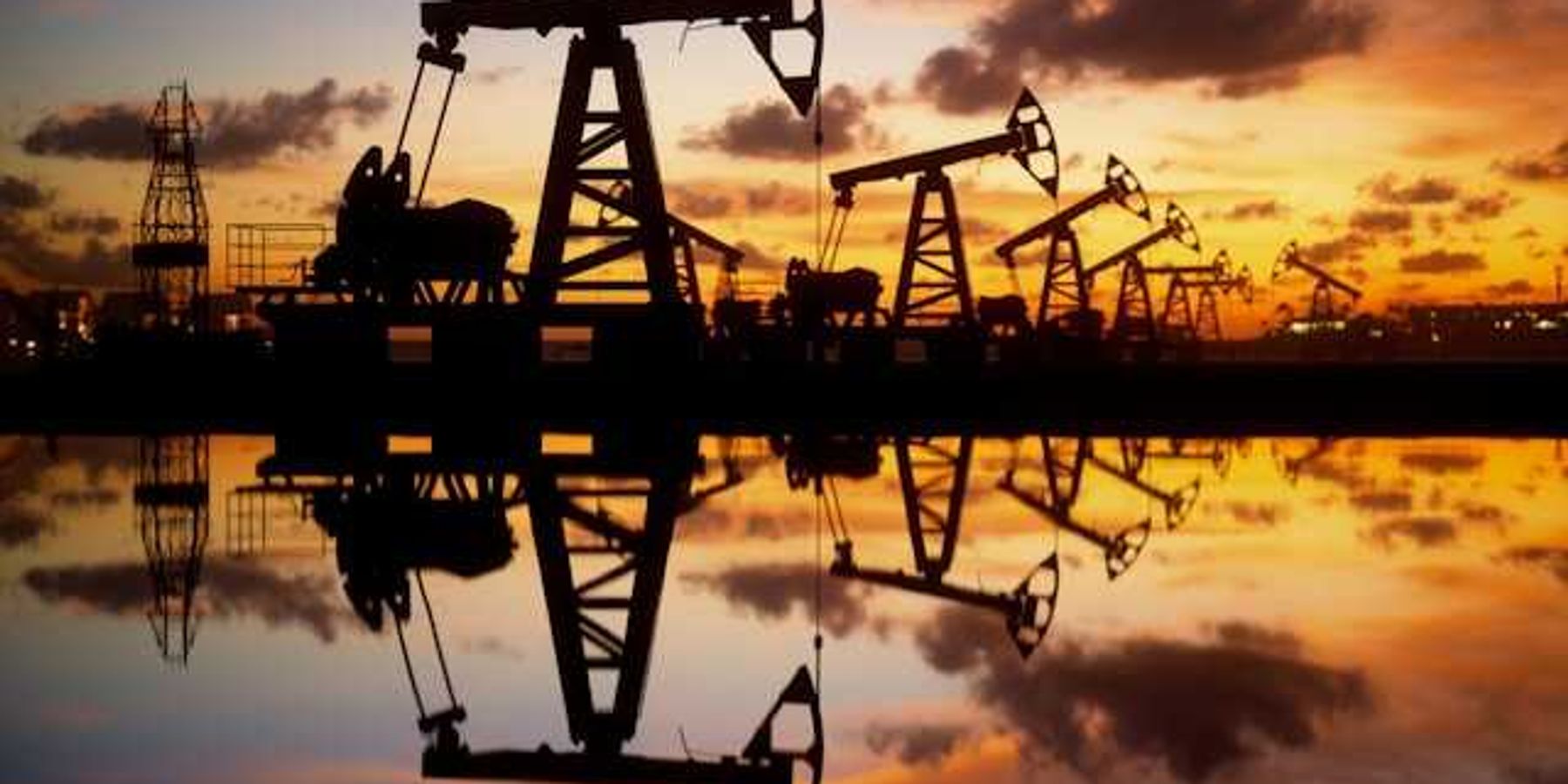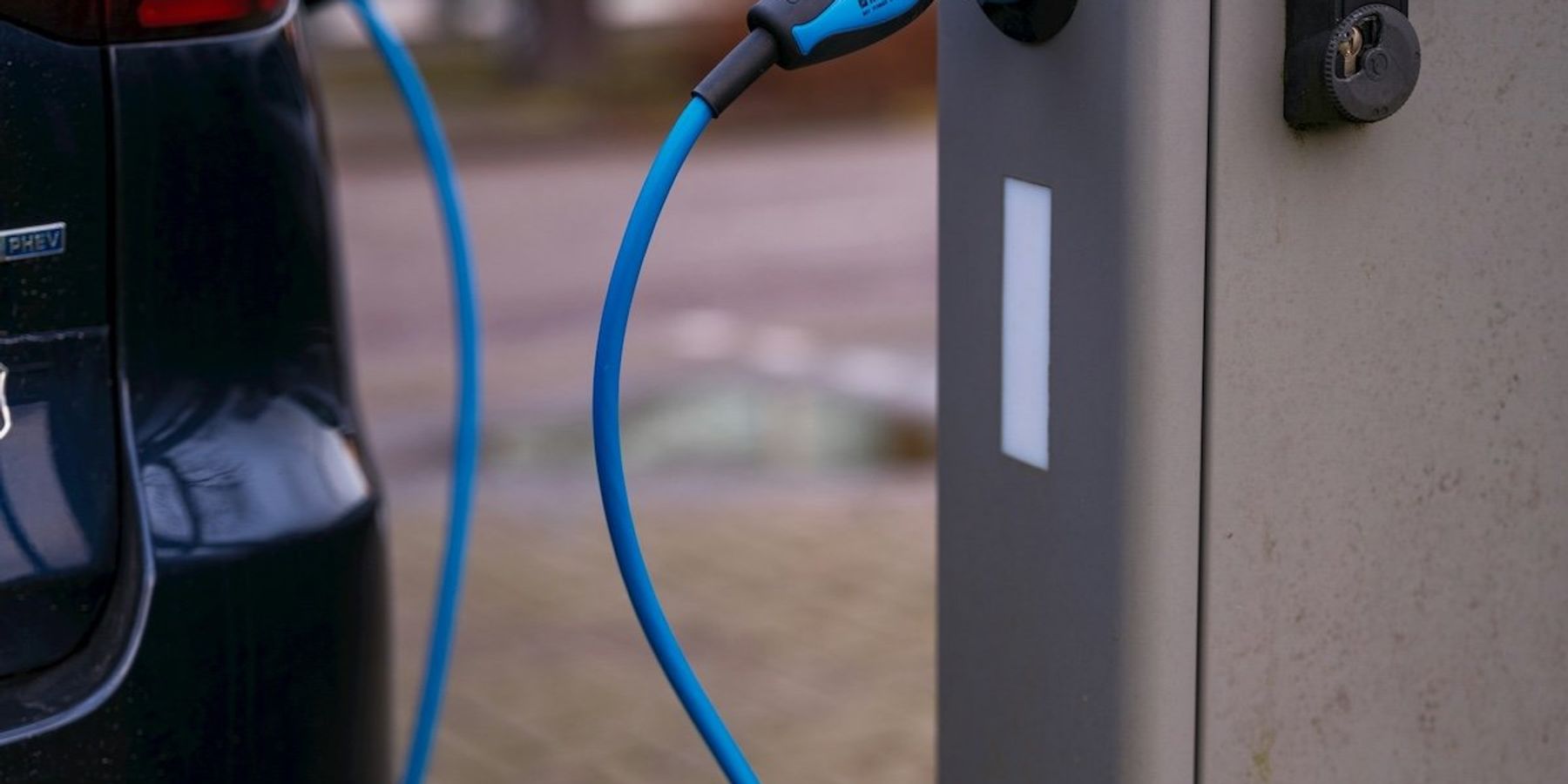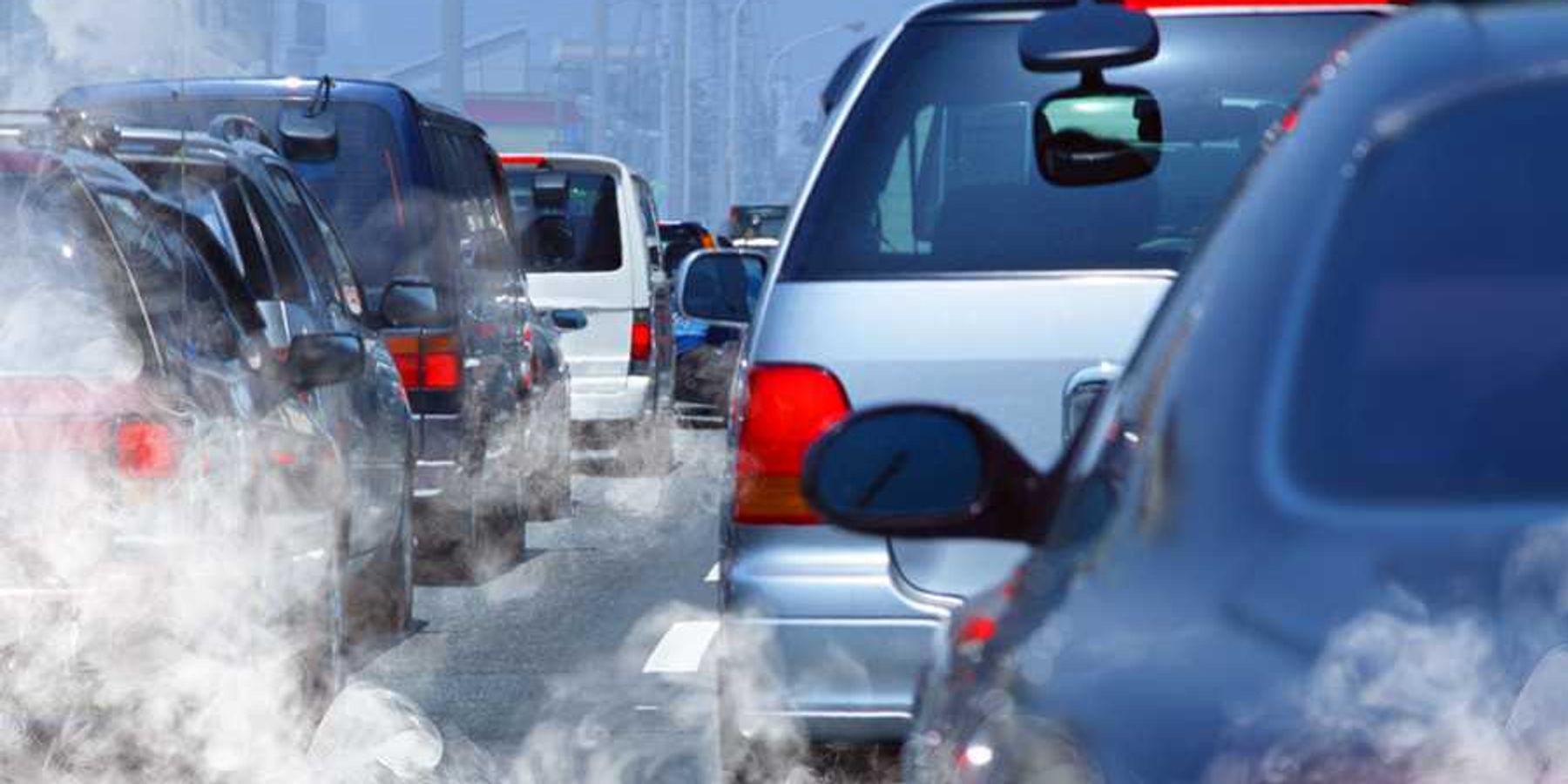abandoned oil and gas wells
Some Oklahoma oil companies demand refunds from a fund meant to clean up orphan wells
Oklahoma’s oil industry contributes to a voluntary fund for cleaning up abandoned oil wells, but many major companies are requesting refunds, diverting millions of dollars from crucial environmental efforts.
Mark Olalde reports for ProPublica and Nick Bowlin reports for Capital & Main.
In short:
- Oklahoma oil companies pay into a voluntary fund to clean up orphan wells, but major companies like Ovintiv and Chesapeake Energy are opting out, receiving more than $11 million in refunds in the last seven years.
- Refunds have significantly reduced the funds available for well restoration, preventing cleanup of an estimated 1,500 additional orphan sites that pose environmental risks.
- Industry groups are negotiating legislative changes that might further undermine the fund, potentially leading to fewer resources for cleanup efforts across the state.
Key quote:
“Once it’s paid in, it ought to be there permanently.”
— Don Scott, Oklahoma farmer
Why this matters:
Who ultimately pays the price for the oil industry’s leftovers, and what happens when industry commitments don't match the scale of the problem? Read more: What happens if the largest owner of oil and gas wells in the US goes bankrupt?
New Interior Department policy to increase costs for oil drilling on public land
A long-awaited Interior Department policy will raise financial assurance and royalty rates, aiming to ensure cleaner operations and better returns for the public.
In short:
- The Department of Interior issued a new rule imposing stricter financial requirements for oil and gas companies on federal public land.
- Companies will now have to provide higher financial assurances for well cleanup and pay increased royalty taxes on extracted minerals.
- These changes aim to cut wasteful speculation, increase returns for the public, and protect taxpayers from environmental cleanup costs.
Key quote:
“These new regulations are the kind of common-sense reforms the federal oil and gas leasing program has needed for decades.”
— Athan Manuel, Sierra Club lands protection program director
Why this matters:
The new policy signifies a noteworthy shift in oil drilling regulation, aiming to ensure environmental protection and fairer returns for public resources, while also addressing climate concerns associated with methane emissions from abandoned wells. Read more: Oil and gas production responsible for $77 billion in annual U.S. health damages.
The looming cost of unaddressed oil well closures
As the oil industry faces a downturn, unplugged oil and gas wells present significant environmental and financial challenges, potentially burdening taxpayers with the cleanup bill.
Mark Olalde and Nick Bowlin report for ProPublica and Capital & Main.
In short:
- More than 2 million unplugged wells across the U.S. pose environmental hazards and contribute significantly to climate change through methane emissions.
- The financial provisions for well cleanup cover less than 2% of the estimated costs, leaving a substantial financial burden on taxpayers.
- Regulatory loopholes and insufficient enforcement allow companies to evade cleanup responsibilities, exacerbating the problem.
Key quote:
"The data presents an urgent call to action for state regulators and the Department of the Interior to swiftly and effectively update bond amounts."
— Shannon Anderson, organizing director of the Powder River Basin Resource Council
Why this matters:
The environmental and financial fallout from unplugged oil and gas wells affects public health and climate change indicating a pressing need for policy reforms to protect both the environment and taxpayer interests. Lax oversight and accounting sleights-of-hand help to make passing the buck on abandoned oil and gas wells a persistent and pernicious burden on the public good.
Texas faces growing challenge in plugging abandoned oil wells
Despite receiving federal funds, Texas struggles to keep up with an increasing number of abandoned oil wells; threatening land, water and human health.
- The Texas Railroad Commission's list of wells to be plugged has grown to nearly 8,200, up 3% since August 2022.
- Texas plugged 19,000 wells from 2005 to 2022, but the list of orphan wells increased by 21,000 during the same period.
- Federal funding has helped Texas plug 730 wells, the most in any state, but state funding for well plugging has declined.
Key quote:
“The responsibility should bear mostly on the industry, and maybe the rules do need to change. That’s going to be tough in the current political environment. The oil and gas industry is an important part of the economy.”
— Rep. Armando Walle, D-Houston, chair of House appropriations subcommittee
Visit EHN's energy section for more top news about energy, climate and health.
Plugging West Virginia’s abandoned and orphaned wells
Inspections overdue on thousands of Alberta oil and gas wells
The Alberta Energy Regulator's handling of inactive oil and gas wells is in stark contrast to the province’s recent caution around renewable energy.
The Narwhal: Alberta taxpayers pay another $14M tab for oil companies’ rent
Alberta paid $14 million in rent on behalf of delinquent oil companies in 2022. The government is supposed to recoup that money from companies but data shows debt collection remains below one per cent. Drew Anderson writes the story for The Narwhal.
In a nutshell:
Drew Anderson writes about what seems to have become a perennial problem in the extraction industry. These folks do not like to spend money on cleaning up their messes. In this case, it's oil and gas. Apparently, in the petro-province of Alberta, a landowner must grant access to their property for oil and gas exploration, for which they than receive annual compensation. If the well is abandoned or the rent is otherwise deemed uncollectible, financial responsibility falls to the taxpayers.
Key quote:
“I would guess that if we took all of these sites where surface lease payments are not being paid, we’d find a lot of so-called active sites that probably should be considered inactive and the regulator should be pushing for closure work on those things.”
Big picture:
Unpaid rents is but a small symptom of a much larger deadbeat well-owner problem. With the current number of abandoned wells in Alberta alone hovering around 75,000 there are certain to be massive unfunded liabilities coming due. They often leak methane as well as other pollutants into soil and groundwater, impacting ecosystems and posing a public health threat to surrounding communities. The responsibility for decommissioning and reclaiming abandoned wells is intended to fall on the well operators but enforcement appears to be lacking.

